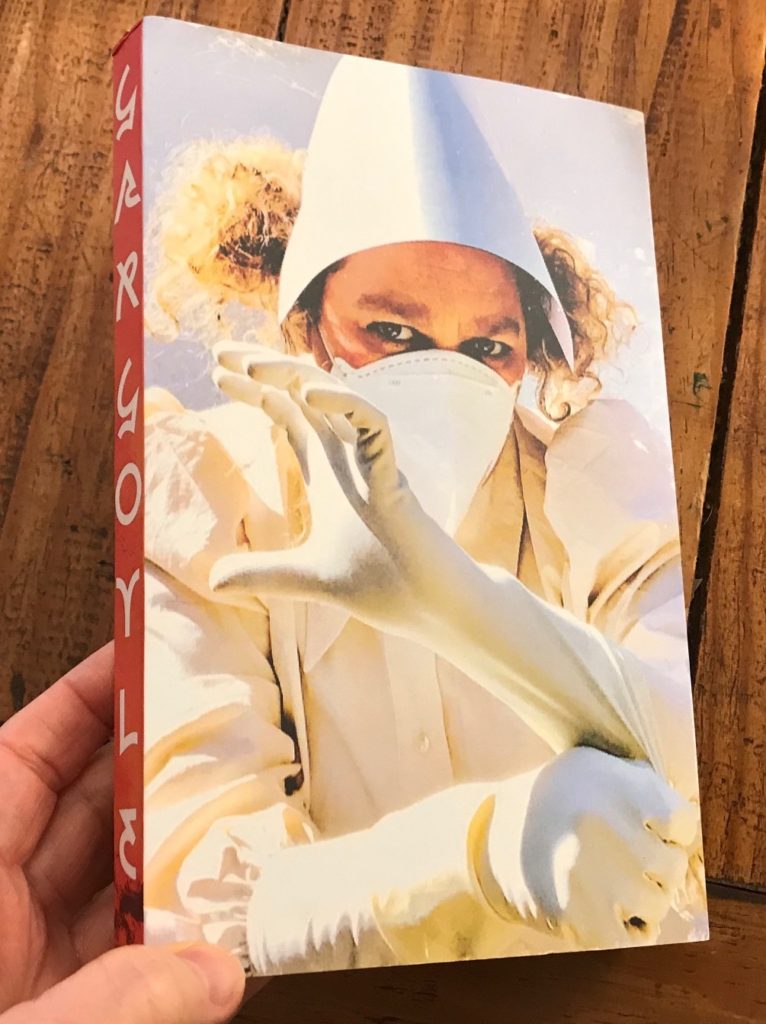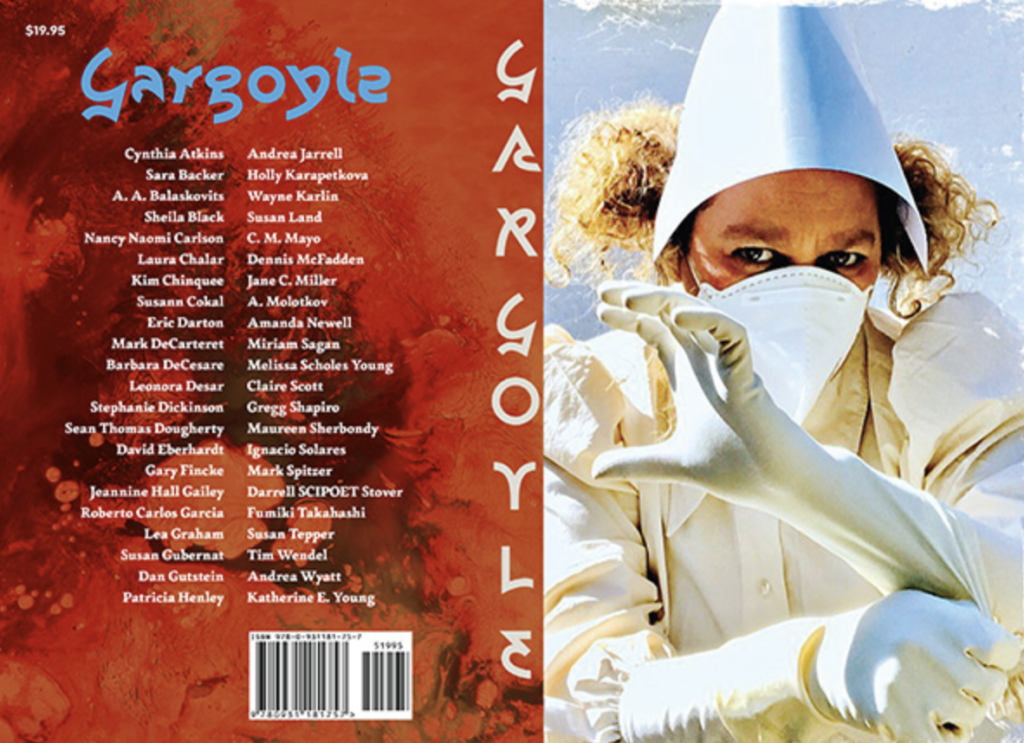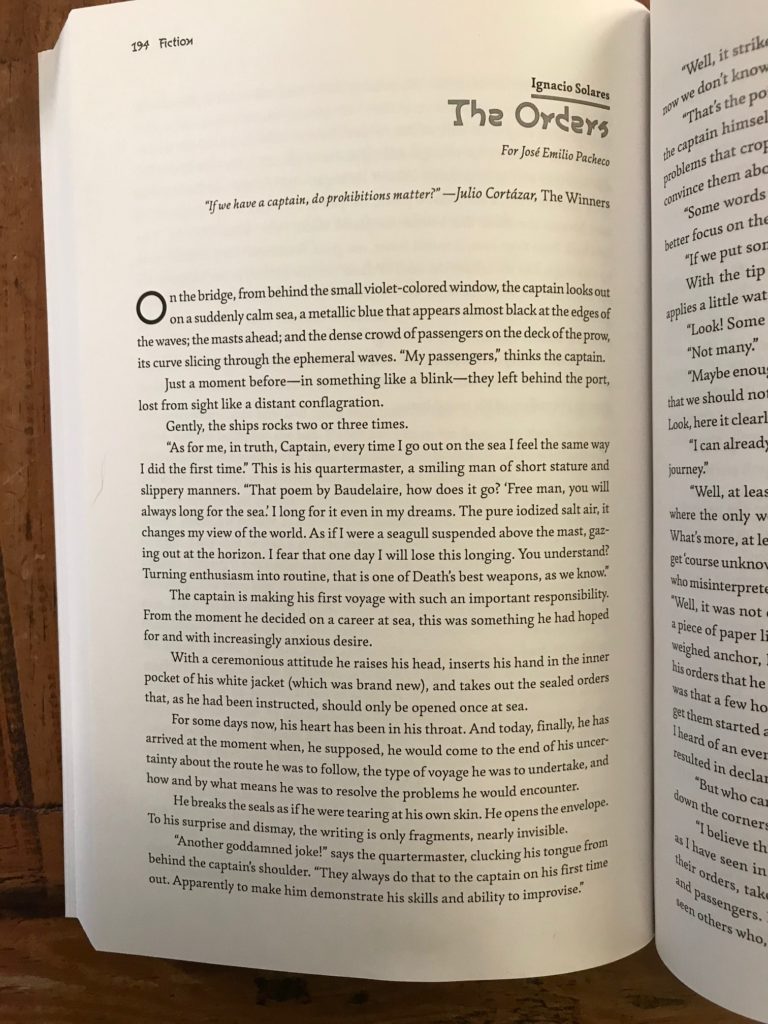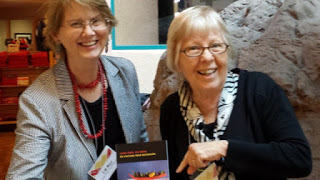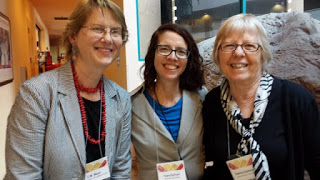
This blog posts on Mondays. Fifth Mondays, when they happen to arrive, are for the newsletter. Herewith the latest posts covering Texas Books, workshop posts, Q & As, selected other posts and news, plus cyberflanerie.
TEXAS BOOKS
(Look for posts about Texas Books on the first Monday of the month throughout 2021).
The Texas Bibliothek’s Digital Doppelgänger: My Online Working Library of Rare Books
March 1, 2021
From the Texas Bibliothek: The Sanderson Flood of 1965; Faded Rimrock Memories; Terrell County, Texas: Its Past, Its People
February 1, 2021
A Trio of Texas Biographies in the Texas Bibliothek
January 4, 2021
> View all Texas posts here.
WORKSHOP POSTS
(Look for these every second Monday of the month throughout 2021)
Recommended Literary Travel Memoirs
March 8, 2021
Recommended Books on the Creative Process
February 8, 2021
Recommended Books on the Craft of Creative Writing
January 11, 2021
Shake It Up with Emulation-Permutation Exercises
December 14, 2020
> View all workshop posts here.
Q & A with Tim Heyman about B. Traven in Literal Magazine
MORE Q & As ON THIS BLOG
(Look for these every fourth Monday of the month through 2021)
Q & A with Jan Cleere
on Military Wives in Arizona Territory: A History of Women Who Shaped the Frontier
March 22, 2021
Q & A with Solveig Eggerz
on Sigga of Reykjavik
February 22, 2021
Q & A with Christina Thompson
on Sea People: The Puzzle of Polynesia
January 25, 2021
Q & A with Álvaro Santana-Acuña
on Writing Ascent to Glory: How One Hundred Years of Solitude
Was Written and Became a Global Classic
December 28, 2020
> View all Q & As here.
SELECTED OTHER POSTS AT MADAM MAYO BLOG
Melanie Kobayashi’s Champagne Kegger —
Plus From the Archives: Ruth Levy Guyer’s A Life Interrupted: The Long Night of Marjorie Day
January 18, 2021
Top Books Read 2020
December 7, 2020
> View the Madam Mayo blog archive here.
OTHER NEWS
Ignacio Solares’ “The Orders” in Gargoyle Magazine #72

Ignacio Solares, one of Mexico’s most outstanding literary writers, appears in English translation by Yours Truly in the fabulous new issue #72 of Gargoyle. Edited by poet Richard Peabody, Gargoyle is one of the Mid-Atlantic region’s most enduring and prestigious literary magazines. Check it out! Solares’ short story is entitled “The Orders” (“Las instrucciones”). My thanks to Ignacio Solares for the honor, to Richard Peabody for accepting it and bringing it forth, and to Nita Congress for her eagle-eyed copyediting. (My previous translation of Solares’ work, the short story “Victoriano’s Deliriums,” appeared in The Lampeter Review #11.)
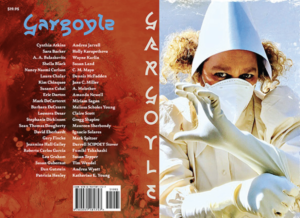
Earlier this month I gave a Zoom talk on my book Metaphysical Odyssey into the Mexican Revolution: Francisco I. Madero and His Secret Book, Spiritist Manual (as translated by Agustín Cadena, Odisea metafísica hacia la Revolución Mexicana, Francisco I. Madero y su libro secreto, Manual espírita) for the Centro de Estudios de Historia de México. If and when this talk becomes available as a recording I will be sure to post a notice in my newsletter. If the subject interests you, some of my other talks and interviews are here.
By the way, if you don’t subscribe to Madam Mayo blog but would like to receive my very occasionally emailed newsletter (via Mad Mimi, my email letter service) just send me an email at cmmayo (at) cmmayo.com and I’ll add you to my mailing list.
MARFA MONDAYS PODCASTING PROJECT
Ongoing! I’ve let the Marfa Mondays podcast sit for a while as I am working on the (related) book, World Waiting for a Dream: A Turn in Far West Texas. That said, I’m almost…almost… done with podcast #22, which is an unusually wide-ranging interview recorded in Sanderson, a remote town that also happens to be the cactus capital of Texas. Podcasts 1 – 21 are all available to listen for free online here.
COOL STUFF ON MY RADAR ( = CYBERFLANERIE = )
The brilliantly brilliant Edward Tufte is offering his course on video. I took his in-person workshop twice, that’s how big a fan I am. I wish everyone else would take it, too, for then our world could be a little less fruit-loopy.
My amigo the esteemed playwright and literary translator Geoff Hargreaves has a most promising new novel out from Floricanto Press, The Collector and the Blind Girl
Heidegger scholar and Typewriter Revolutionary Richard Polt offers his thoughts on typing a novel.
Poet Patricia Dubrava shares a beauty on her blog, Holding the Light: “Hearing the Canadas”
Cal Newport on “Beethoven and the Gifts of Silence.” Newport has a new podcast by the way, which is ultra-fabulous. Newport’s new book, A World Without Email, is a zinger of clarity. More about that anon.


Allison Rietta, artist, designer, yoga teacher, sound healer, and founder of “Avreya” offers a new series of digital books on contemplative practice that each, I am honored to say, include a writing exercise by Yours Truly. (These writing exercises are from my “Giant Golden Buddha & 364 More Free 5 Minute Writing Exercises” which you can access here.) Rietta’s digital books are so refreshingly lovely, and filled with wise and practical ideas for anyone seeking to improve the quality of their health and creative life. Here’s her introduction:
A series of five Contemplative Practice books based on the elements of nature: air, earth, fire, space and water. Each book is designed specifically to enhance that particular element and offers holistic, contemplative practices that include yoga asanas, pranayama, meditation, creative writing and visual art.
What’s in each book:
Warm up and yoga asana-s (postures)
Pranayama – a breath technique
Meditation practice
Creative writing prompt
Art journaling prompt
Practice pairings – Just as pairing food dishes with wine enhances the dining experience, this book offers pairings designed to complement each element such as, music, crystals, essential oils and mantras.
The books are designed to help yoga practitioners cultivate a personal home practice. The practices offered in these books may be done sequentially or separately.
Visit Allison Rietta here and find her new books here.
My new book is Meteor
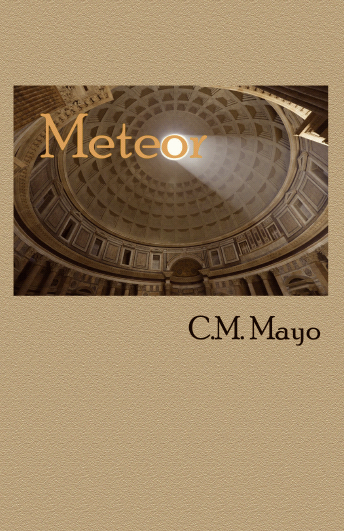
My amigo poet, playwright, literary translator and writing reacher Zack Rogow was interviewed by Jeffrey Mishove for New Thinking Allowed on “Surrealism and Spontaneity”: A most informative and charming video.
Anne Elise Urrutia’s Pechakucha on her grandfather Dr. Aureliano Urrutia’s “Miraflores”—something very special in San Antonio, Texas history.

“Traven’s Triumph” by Timothy Heyman (Guest Blog)
Duende and the Importance of Questioning ELB
Notes on Artist Xavier González (1898-1993), “Moonlight Over the Chisos,”
and a Visit to Mexico City’s Antigua Academia de San Carlos


